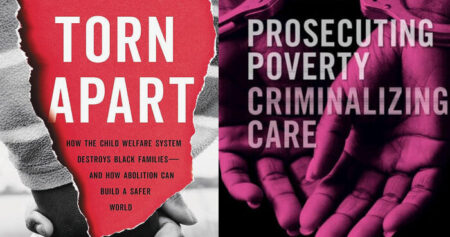
Students for Justice in Palestine, Governors for Authoritarianism in Florida
In late October, Florida banned chapters of Students for Justice in Palestine from operating on state university campuses. This ban, which alleges that the national organization provided material support to designated terrorist organizations, is unlikely to survive judicial scrutiny. Nevertheless, it represents a dangerous escalation of recent efforts to restrict the speech of pro-Palestine advocates, while providing a blueprint for the future repression of other disfavored groups.



